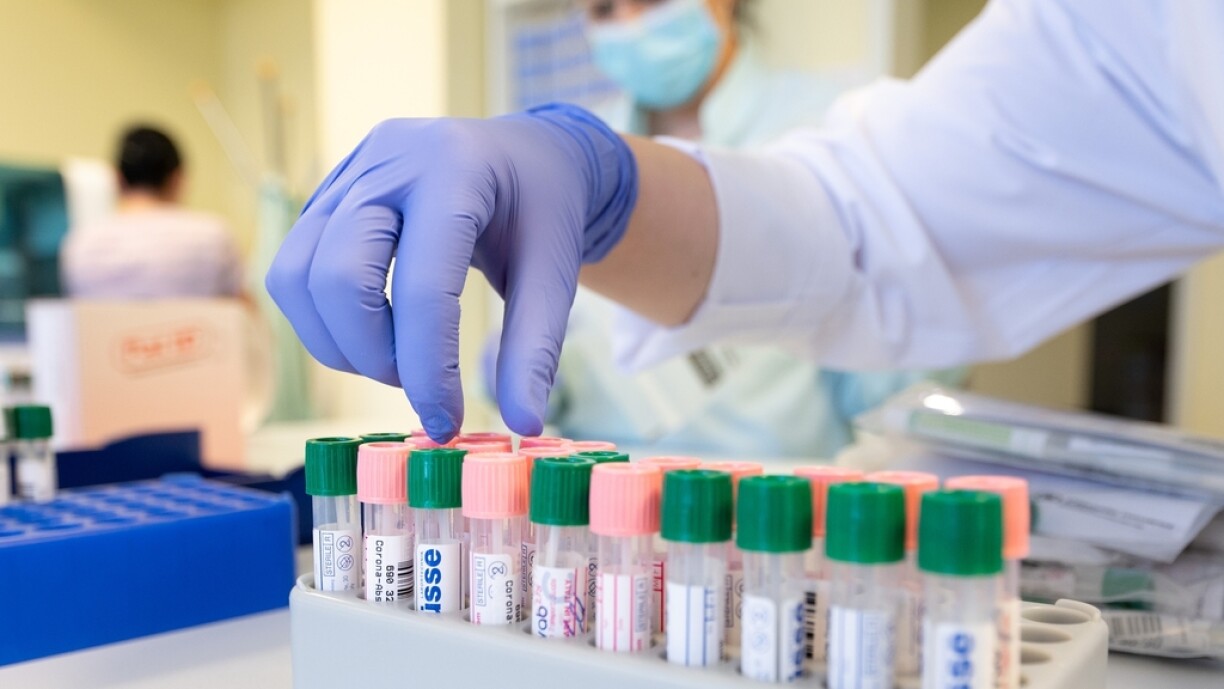
The Chamber of Deputies’ Scientific Unit has released a new and comprehensive research note summarising studies, analyses, and reports on the Covid-19 pandemic. While the document does not include the authors’ own assessments or recommendations, it provides a valuable information base for future health crisis management legislation.
Compiled by Maude Pauly and Christian Penny, the note offers a detailed overview of the pandemic’s evolution, starting from its onset and covering various phases, management levels, and key conclusions from other documents. It further highlights initial uncertainties, particularly regarding the virus’s transmission, and notes that the pandemic prompted significant legislative activity – including 365 dossiers, 1,222 parliamentary questions, and 89 petitions.
In terms of institutional management, the role of the Chamber was strengthened after the state of emergency was announced, the new report concludes.
The measures taken by the authorities to combat the spread of the virus, such as contact tracing and large-scale testing, revealed that early assumptions about the virus, such as the 80% asymptomatic rate, were inaccurate, according to the research note. The actual figure was closer to 30%.
Luxembourg’s size and stability are said to have played in its favour, as the ability to implement measures effectively was facilitated by these factors.
Regarding vaccine safety, the note indicates that the risk of hospitalisation or death from Covid-19 remains significantly higher than the risk of potential adverse effects associated with the vaccine. However, the decision not to mandate vaccination was due to unresolved questions at the time.
Overall, mental health was greatly impacted by the pandemic, as highlighted by the report. Temporary excess mortality was observed in 2020, and children were found to have played a minimal role in the spread of infections.
On the labour front, government measures allowed for a swift recovery post-lockdown, though the private sector, particularly hospitality, felt a substantial economic impact. By the end of 2021, 38% of employees were working from home, down from over 50% in 2020.
The health crisis also exposed existing social inequalities, showing a correlation between income level and the rate of infection. The report finally suggests that, in future pandemics or health crises, authorities should involve citizens more directly when drafting measures.
These are just some of the findings of the Unit’s research note, commissioned by former Green MP François Bausch, and which is available on the Chamber of Deputies’ official website.